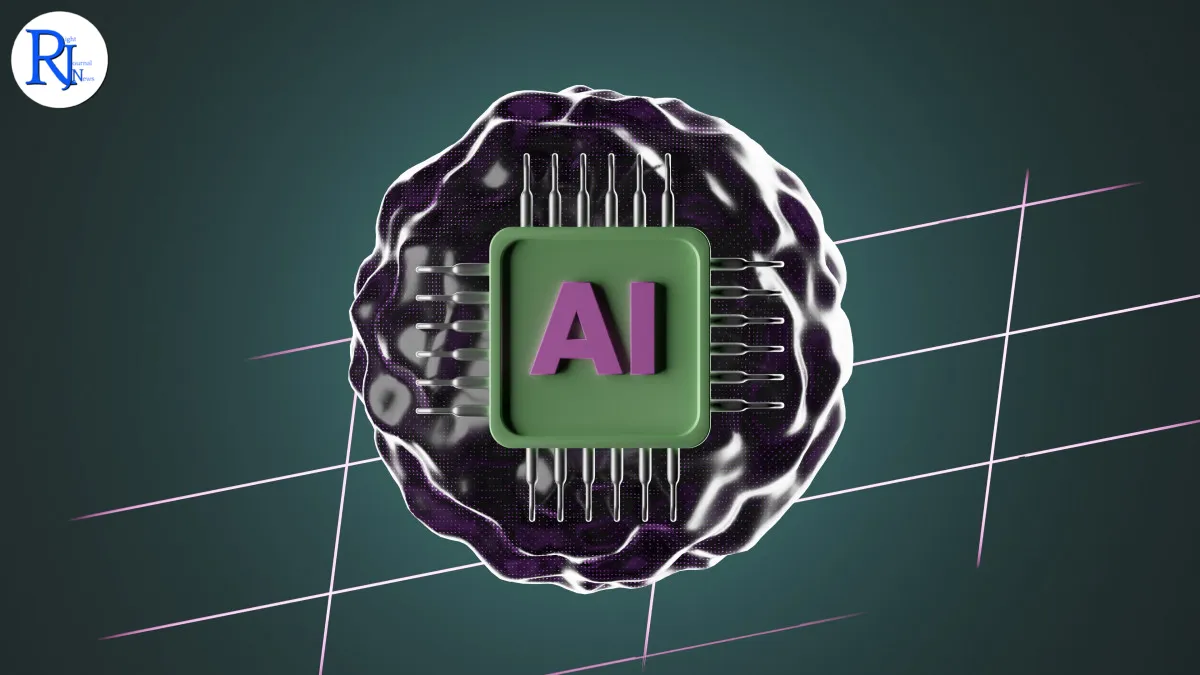In a groundbreaking development, ChatGPT’s latest model has demonstrated an impressive and somewhat unsettling ability to geolocate users based solely on images. This new feature, which has quickly gained viral attention, showcases the advanced capabilities of artificial intelligence but also raises significant privacy concerns. Many users have expressed both awe and apprehension over the AI’s proficiency in identifying locations from seemingly innocuous photos.
The innovation comes amidst a growing discourse on the ethical implications of AI technologies, with experts urging a careful examination of privacy and data security. As the AI model continues to evolve, the public remains divided on its potential benefits and risks.

Emergence of a New AI Capability
The geolocation feature in ChatGPT’s latest update has captured the attention of tech enthusiasts and privacy advocates alike. The development was first noticed when users began sharing their experiences on social media, demonstrating how the AI could pinpoint locations with remarkable accuracy. According to OpenAI, the creators of ChatGPT, the feature was designed to enhance user interaction by providing contextual information based on visual input.
This capability uses advanced image recognition algorithms and vast datasets to analyse patterns, landmarks, and other visual cues within photos. The AI then cross-references this data with global geographic information to determine the location. While the technology’s precision has impressed many, it has also sparked a debate about the potential invasion of privacy and the ethical boundaries of AI.
Privacy Concerns and Ethical Implications
As the AI’s geolocation prowess becomes more widely known, privacy advocates have voiced concerns over how the technology might be used. Critics argue that the ability to pinpoint locations from photos could lead to misuse, such as tracking individuals without their consent or infringing on personal privacy. The Electronic Frontier Foundation, a leading digital rights group, has called for transparency in how such technologies are developed and deployed.
OpenAI has responded to these concerns by stating that user privacy is a priority and that the technology is designed with safeguards to prevent misuse. The company emphasises that the AI does not store personal data or images and that geolocation is only possible with user-provided content. Despite these assurances, the debate over AI’s role in society and its potential for abuse remains heated.
Expert Opinions on AI and Privacy
Experts in the field of artificial intelligence and digital ethics have weighed in on the implications of ChatGPT’s new feature. Dr. Emily Chen, a researcher in AI ethics at the University of Cambridge, notes that while the technology is undoubtedly impressive, it highlights the need for robust ethical frameworks. “We must ensure that AI advancements are aligned with societal values and that they respect individual privacy,” she states.
Dr. Chen and other experts advocate for the establishment of clear guidelines and regulations to govern the use of AI technologies. They stress the importance of public awareness and education to help individuals understand the capabilities and limitations of AI, as well as their rights concerning data privacy.
Potential Applications and Future Developments
Despite the concerns, the potential applications of ChatGPT’s geolocation feature are vast. In the realm of travel and tourism, the technology could offer personalised recommendations based on photos taken during trips. It might also aid in educational contexts, allowing students to explore global geography through images.
OpenAI continues to explore ways to refine the technology, ensuring that it serves beneficial purposes while maintaining ethical standards. The company is also engaging with policymakers and stakeholders to develop comprehensive guidelines that address privacy concerns and promote responsible AI use.
As AI technology advances, the conversation around its ethical use will remain central to its development. The ability to geolocate from images is just one of many innovations that highlight the need for a balanced approach, where technological progress is tempered with a commitment to privacy and ethical responsibility.
In conclusion, while ChatGPT’s latest feature showcases the remarkable potential of AI, it also underscores the urgent need for dialogue and regulation. As society grapples with the implications of such technologies, the path forward will require collaboration between developers, policymakers, and the public to ensure that AI serves as a tool for good rather than a source of concern.

